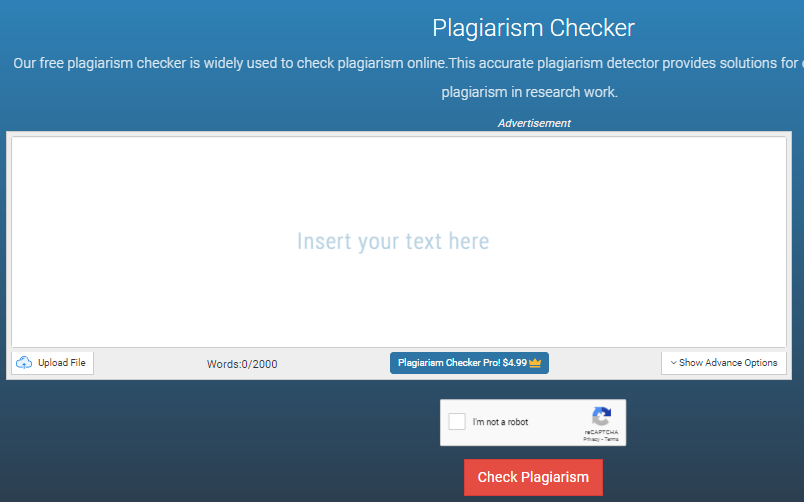Blogging is a very cost-effective method of content marketing. Companies use their blogs to provide knowledge about their products and services to their would-be customers and generate leads by inculcating trust.
Blogs also let them rank high on the SERPs (Search Engine Results Pages) which boosts their visibility and exposure. However, if the content of the blogs is not unique then that can cause some problems. So, companies usually place emphasis on plagiarism checking so that they do not put their blogs at risk.
Now, we will look at some of the consequences of plagiarism for blogs.
Consequences of Plagiarism for Blogs
These are a few negative effects of plagiarized content that harm blogs.
1. SERP Rank Degradation
Search engines can find out if the content on a website/web page is duplicated or not. They have various technologies that let them see the original publishing dates of pages and the content hosted on them. Through that data, they can see which website is committing plagiarism.
They don’t appreciate it, and they can penalize the offending website by reducing its ranking in the SERPs. This is bad for people who use blogging as a means of marketing because it severely reduces their visibility and exposure.
That’s why it is important to make sure that any content that you are about to publish doesn’t have any trace of plagiarism in it.
This can be done with the aid of online tools such as a free plagiarism checker that can detect if your content has duplication in it.
Once the plagiarism is found, the editor can remove it or paraphrase it (whichever they think is better in the given situation). By making this checking process mandatory, you can prevent your blog from getting affected by plagiarism.
2. Possible Delisting from Search Engine Index
Search engines have to “index” a website before it can show up on their results pages. This index is a database that contains the URLs of all the indexed websites. If a website is not present in this database, then it will not show up in that search engine’s results.
As we already know that search engines can detect plagiarism on their own, and they penalize web pages that indulge in it. One possible penalty that they can give is the removal of the offending website from their index.
If the website had not been indexed, to begin with, then the search engines refuse its requests for indexing.
This is really bad for blogging as a means of marketing because almost half of all (a whopping 53%) traffic on the internet comes from search engines. When a blog gets delisted, then it loses its chances of attracting some of that traffic.
This severely hampers any marketing efforts that rely on that blog. So, always ensure to check for plagiarism in your content before publishing it.
3. Results in Dissatisfied Users
Let’s assume that a blog has plagiarized content on it and it does not get delisted. Suppose that its rank is still high enough to attract a significant amount of traffic. Even then there is a very big chance of plagiarism negatively affecting that blog.
Google – one of the largest search engines in the world – has an algorithm that allows it to measure the satisfaction of a website visitor. It measures that satisfaction by monitoring some metrics.
The two most important metrics are:
- Dwell time
- Bounce rate
Dwell time is the amount of time a visitor spends on a website without leaving it. The bounce rate is the number of people that leave the website without taking any actions from their landing page.
A high dwell time and a low bounce rate signify that users are very satisfied with a website and consequently Google raises the rank of that website.
Now how does plagiarism come into all this? The short answer is that many people can unconsciously realize that they are seeing/reading things they have already read before. Nobody likes to read the same things over and over, so this promotes user dissatisfaction. As a result, the dwell times are reduced, and ultimately the blog’s rank is drastically reduced.
Conclusion
These are a few consequences of using plagiarized content in blogs. We have seen that no matter what, search engines will penalize plagiarism and reduce the ranking of the website.
This may not matter to people who are only running blogs as a hobby. But those people who are using them as a platform for promotions and implicit advertising will be affected badly.
That is why you should always strive to create unique content for your blogs.




![Top 50+ Guest Posting Sites List [Updated 2023] What Is a Guest Post](https://futurewithtech.com/wp-content/uploads/2023/06/What-Is-a-Guest-Post-218x150.jpeg)

